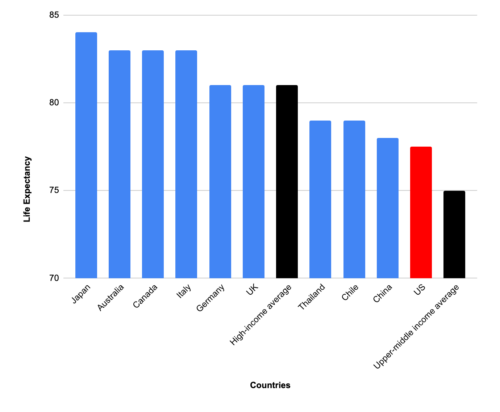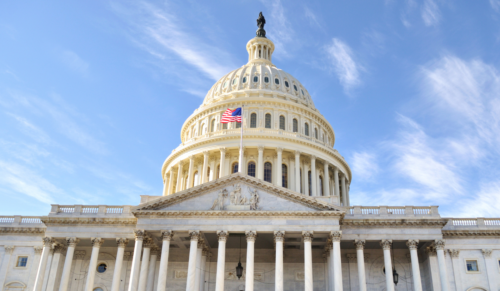Last Minute Changes to Klobuchar’s Anti-Tech Bill Do Nothing to Ease Harms to Consumers
By: / 01.19.2022
Ahead of tomorrow’s Senate Judiciary Committee markup, an amended version of Senator Klobuchar’s American Innovation and Choice Online Act has been released. While the amendment makes clear the bill’s sponsors are cognizant of the shortcomings associated with the legislation, it is functionally devoid of the changes necessary to prevent the harm the bill currently poses to American consumers. The result is a bill which puts aside the objective of consumer welfare and threatens the way in which both users and businesses utilize integrated online services.
In no section is this more glaringly obvious than in the amended language around subscription-based services. The amendment seeks to fortify Senator Klobuchar’s claim that the bill does not interfere with Amazon’s ability to offer Prime delivery services by clarifying that companies cannot be held liable for “offering a fee for service subscription that provides benefits to covered platform users”. What the amendment ignores, however, is the mechanisms through which the bill harms Prime in the first place. By opening the company up to legal liability on the grounds that Prime’s benefits to consumers give an unfair advantage to Amazon itself, the amended bill still could render Amazon Prime infeasible under the threat of significant fines should they continue to offer the service. For the estimated 153 million Americans subscribed to Amazon Prime, this could mean the loss of popular services such as two-day shipping, while third-party retailers who take advantage of Amazon’s Fulfillment By Amazon (FBA) service to offer Prime delivery on third-party products lose valuable access to Amazon’s established customer base. Moreover, Amazon’s FBA service might itself become a victim of self-preferencing charges, since lawsuits would certainly be filed arguing that Amazon was charging third-party sellers too much for logistic services compared to a hypothetical price that it was charging itself.
The implementation of such a carve-out for subscription services introduces additional complications for online platforms which also come at the expense of the consumer. By shielding from liability in cases where a fee is charged to users, companies are incentivized to begin charging for services which are currently available free of cost to ensure that they remain accessible to consumers in their current form. For example, under the original language of the bill, Google is not able to display Google services such as maps or company profiles at the top of search results, as such a practice is considered as self-preferencing. The amendment makes it so that to preserve this feature, Google must offer a paid subscription to services such as Google Maps, essentially making it so that companies seeking to avoid penalties under this bill must implement fees to consumers for already popular services to avoid legal liability.
The disregard for the bill’s implications regarding consumer welfare raises an important question: Who is antitrust legislation meant to benefit? In theory, promotion of competition on online platforms may lower prices and increase choice, but the line of thinking promoted by this bill turns a blind eye to the reality of how users and businesses engage with internet services. For consumers, integrated online services are a valued feature of the products provided by platforms. By taking this integration away or requiring that it be offered at cost, Americans who depend on these services will be left worse off with the passage of this bill. The committee is clearly trying to defend itself against valid criticism of the bill with such last-minute tweaks, but the deeper question is, how do these proposed changes in any material way promote innovation, competition or consumer welfare?






